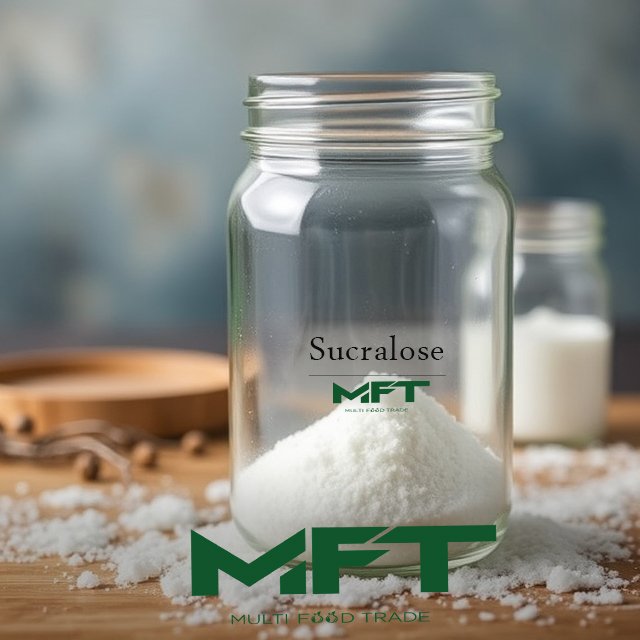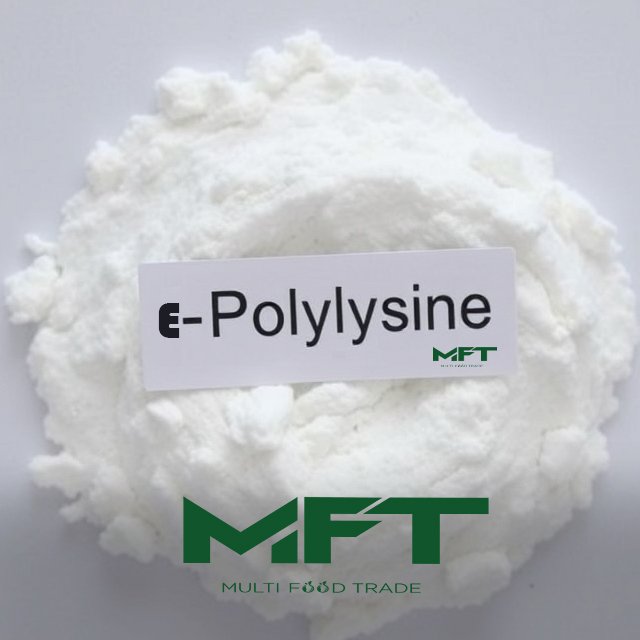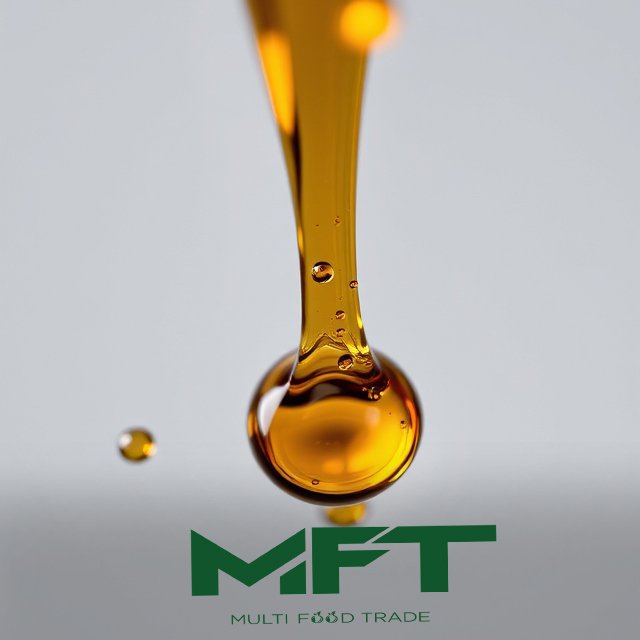• Regulatory Approval: Sucralose has been approved for use as a food additive by food safety authorities in many countries, including:
o FDA (Food and Drug Administration) in the United States (approved in 1998).
o EFSA (European Food Safety Authority).
o JECFA (Joint FAO/WHO Expert Committee on Food Additives).
• Acceptable Daily Intake (ADI): The ADI for sucralose has been established by the FDA at 5 mg per kg body weight. This is the amount that can be safely consumed every day over a lifetime without adverse effects.
• GRAS Status: cralose is considered Generally Recognized As Safe (GRAS) by the FDA when used in food and beverages at regulated levels.
• Health Considerations:
o Diabetes-Friendly: Since sucralose does not raise blood sugar levels, it is commonly used in products targeted at people with diabetes or those managing blood sugar levels.
o No Metabolism: Sucralose is not absorbed by the body and passes through the digestive system unchanged, making it non-caloric and free from any significant digestive health concerns.
o Safety in Pregnancy: According to the American Pregnancy Association, sucralose is safe to consume during pregnancy in moderate amounts, as it is not metabolized by the body.
• Concerns
o Possible Effects on Gut Microbiome: Some studies have suggested that sucralose may alter the gut microbiome, but research is still ongoing. However, the findings have not been definitive in indicating harm at the levels typically consumed in food.
o Environmental Impact: Some research has raised concerns about the persistence of sucralose in the environment, particularly in water systems, where it has been detected in trace amounts.

 .jpg)








.jpg)

